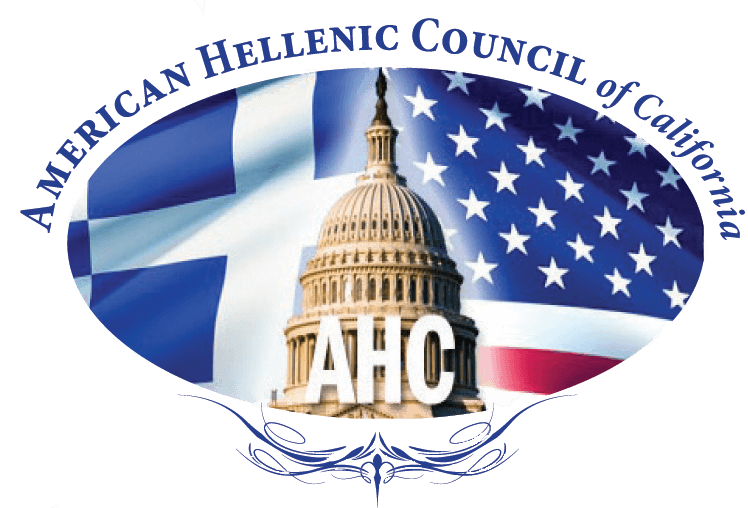The Eastern Mediterranean Security and Energy Partnership Act (Senate Bill 1102) introduces Energy Diplomacy as a powerful tool to replace tension and conflict in the Eastern Mediterranean with mutually beneficial cooperation. The bill will strengthen energy partnerships between Greece, Cyprus and Israel as these nations further develop the exploration of significant hydrocarbon resources in their territorial waters. It would establish a U.S.-Eastern Mediterranean Energy Center and ensure U.S. participation in the Eastern Mediterranean Gas Forum. It also would end an arms embargo on Cyprus. This embargo had the initial intent of preventing an arms race between Turkey and Cyprus but, instead, has had the effect of almost exclusively benefitting Turkey, who regardless does receive U.S. weapons systems. To assist in the building of energy independent systems in democratic states, which are also U.S. allies, provides a unique opportunity to not only increase interregional cooperation but also to decrease the need for oil from non-U.S. friendly states such as Russia.
East-Med Energy Partnership
About the Eastern Mediterranean Security and Energy Partnership Act
“Rubio, Menendez Introduce Eastern Mediterranean Security and Energy Partnership Act of 2019 APR 09 2019
Washington, D.C. — U.S. Senators Marco Rubio (R-FL) and Bob Menendez (D-NJ) today introduced the bipartisan Eastern Mediterranean Security and Partnership Act of 2019, legislation which aims to reshape U.S. strategy in the Eastern Mediterranean. The legislation would allow the U.S. to fully support the trilateral partnership of Israel, Greece, and Cyprus through energy and defense cooperation initiatives—including by lifting the embargo on arms transfers to the Republic of Cyprus.
The legislation also seeks to update U.S. strategy in recognition of consequential changes in the Eastern Mediterranean, including the recent discovery of large natural gas fields, and a deterioration of Turkey’s relationship with the United States and our regional partners.
“This bipartisan legislation will continue to enhance our energy and security cooperation with our allies in the Eastern Mediterranean region,” Rubio said. “By lifting the U.S. arms embargo on Cyprus and extending necessary Foreign Military Assistance to Greece, this legislation brings forth a comprehensive approach to the stability of key regional partners.”
“The United States has significant national security interests in the Eastern Mediterranean, bolstered by strong and expanding relationships with Greece, Israel and Cyprus. The cooperation in energy security among these countries in recent years has paved the way for cooperation on a broad regional security, economic, and energy agenda,” Menendez said. “The time has come for the U.S. to deepen this cooperation and build on the constructive progress made by our allies to help ensure a secure Eastern Mediterranean. This legislation seeks to strengthen our bonds of friendship through joint efforts to promote peace, prosperity, and security for our nations.”
What these bills would accomplish
- Lift the prohibition on arms sales to the Republic of Cyprus;
- Authorize the establishment of a United States-Eastern Mediterranean Energy Center to facilitate energy cooperation between the U.S., Israel, Greece, and Cyprus;
- Authorize $3,000,000 in Foreign Military Financing (FMF) assistance for Greece;
- Authorize $2,000,000 for International Military Education and Training (IMET) assistance for Greece and $2,000,000 for Cyprus;
- Impede the transfer of F-35 aircraft to Turkey, as long as Turkey continues with plans to purchase the S-400 air defense system from the Russian Federation, a purchase that would be sanctionable under U.S. law; and
- Require the Administration to submit to Congress a strategy on enhanced security and energy cooperation with countries in the Eastern Mediterranean, as well as reports on malign activities by Russia and other countries in the region.”


